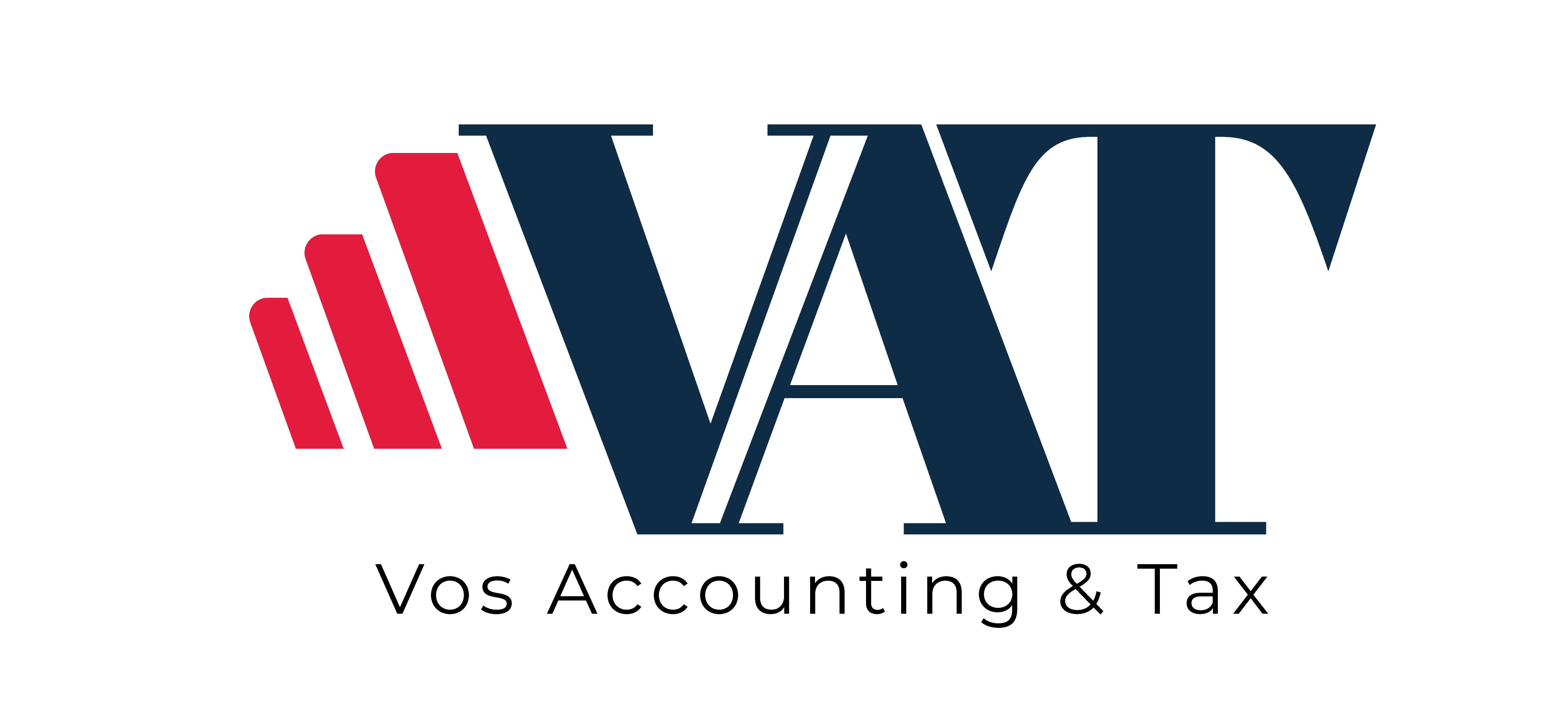
In the realm of taxation, one of the crucial elements that individuals and companies need to comprehend is the concept of capital gain tax. In South Africa, as in many other jurisdictions, capital gain tax plays a significant role in the fiscal landscape, influencing investment decisions and financial planning strategies. In this educational piece, we will delve into the intricacies of capital gain tax in South Africa, shedding light on its implications for both individuals and companies.
Capital gain tax, often abbreviated as CGT, refers to the levy imposed on the profit realised from the sale of an asset. This tax is applicable not only to individuals but also to companies operating within South Africa’s economic landscape.
For individuals, capital gain tax comes into play when they dispose of certain assets, such as real estate properties, shares, or other investments, at a price higher than their acquisition cost. This profit, commonly referred to as the capital gain, is subject to taxation at prescribed rates. Understanding the nuances of these rates and the exemptions available is paramount for individuals aiming to optimise their financial outcomes.
Transitioning to the corporate realm, companies in South Africa are also subject to capital gain tax. However, the application and implications differ from those for individuals. Companies face capital gain tax when they dispose of assets such as properties, equipment, or investments, resulting in a profit. Just like individuals, companies need to navigate through the complexities of capital gain tax regulations to ensure compliance and effective tax planning.
Calculating CGT involves determining the base cost of the asset, the proceeds from its disposal, and applying the applicable tax rates. Factors such as allowable deductions and exemptions also play a crucial role in arriving at the final CGT liability.
The “base cost” is the purchase price plus any amounts spent on renovations or improvements, plus a few other smaller costs. When you buy and sell your home, there are lots of bills to pay like lawyer’s fees, estate agent’s commission and compliance certificates for example. Knowing which costs to take into account when working out the proceeds and base cost can be complicated!
Selling your primary residence
In this example, the R 2 million primary residence exclusion would apply. If your home is sold for a gain (i.e. proceeds minus base cost) that is less than R 2 million, the sale will not attract Capital Gains Tax.
Example 1:
John buys a home for R 2 500 000. He spends R 400 000 renovating it, and then sells it for R 4 000 000 a few years later. Paul lived in this house for the whole time that he owned it and therefore it would be regarded as his primary residence for tax purposes. Excluding the capital gain, John’s taxable income for 2024 is R 500 000.
The capital gain calculation for the tax year of 2024 is:
Proceeds = R 4 000 000
Base cost = R 2 500 000 + R 400 000 = R 2 900 000
Capital gain = R 4 000 000 – R 2 900 000 = R 1 100 000
Taxable capital gain = R 1 100 000 – R 2 000 000 Primary residence exclusion = R 0
Because the capital gain on John’s primary residence is less than R 2 million, the entire gain is exempt from capital gains tax and he doesn’t have to pay any. Remember that every individual taxpayer also has an annual capital gain exclusion of R 40 000 which needs to be taken into account first when figuring out the final capital gains tax that will be owed.
Important to note: There are different structures for selling your investment property and selling your primary residence which you rent out for a period.
All immovable property is subject to CGT. This means that if you sell what they call “personal use items” like your motor car, speed boat, fridge, or washing machine, CGT does not apply and you don’t have to declare that income. However, when it comes to your primary residence (i.e. the house you live in) CGT only kicks in after the first R2 million gain and after you have lived in the property for two years. This means that most people will not have to pay CGT when they sell a home.
For personalised assistance navigating the complexities of capital gains tax in South Africa, book a consultation with Vos Accounting and Tax. Our expert advisors are equipped to provide tailored solutions to meet your financial needs and ensure compliance with tax regulations.
Need help with your accounting and tax?Schedule your FREE consultation with me today and get access to my Tax Season Survival Guide |
Fill in your information below:
|
